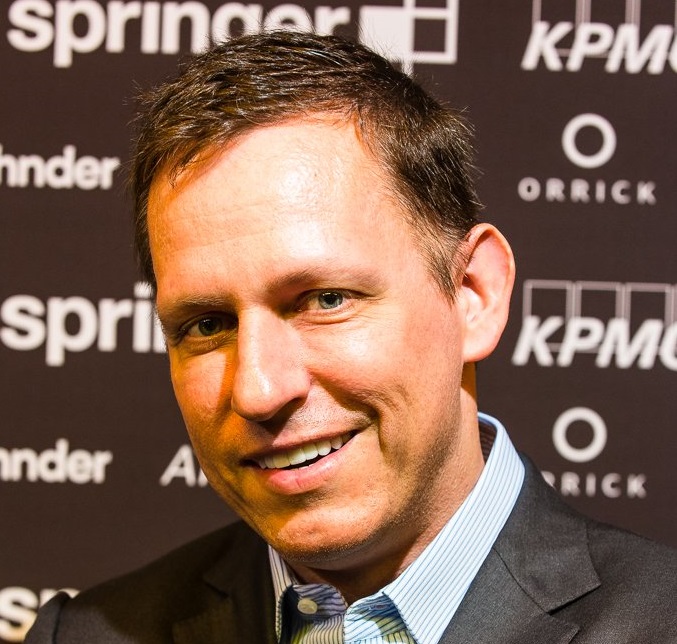
The New York Times has reported Mr Thiel is looking to obtain citizenship in Malta.
The newspaper reported Mr Thiel has been pursuing the goal of becoming a citizen of Malta for about a year.
He is already a citizen of the United States and New Zealand.
Through a spokesperson, Mr Thiel, who co-founded digital payments company PayPal and was Facebook’s first professional investor, declined to comment to The New York Times. His net worth stands at $US4.2 billion ($NZ7.5 billion), according to Forbes.
Maltese naturalisation laws are straightforward for those who can pay more than €500,000 ($NZ874,000) for a passport, but they prohibit would-be citizens from renting out their official residences while their passport application is pending, the Times said.
Mr Thiel was said to be developing business connections in Malta and was a major shareholder in at least one company registered there in which his husband, Matt Danzeisen, was a director.
Malta, located in the Mediterranean between Europe and North Africa, has been a destination for traders and crusaders for centuries. Outside powers controlled it until 1964. Since it gained independence from Britain, it has struggled to build a sustainable economy. The island, which has little industry and few natural resources, joined the EU in 2004.
Malta has found a lucrative economic lever in selling passports. Since 2013, the country’s investor citizenship programmes have granted about 2000 applicants and their families passports, generating millions of euros in revenue.
Malta’s fast track for citizenship by investment, or what is more commonly known as "golden passports". can take from 12 to 16 months, according to Henley & Partners, a consultancy that developed the Maltese programme and helps clients obtain passports around the globe.
EU officials have criticised Malta’s golden passport programme. Last month, the European Commission referred Malta to the union’s Court of Justice over the programme, noting that citizenship in return for payments "is not compatible with the principle of sincere co-operation" within the bloc. Maltese officials have signalled they will contest any legal challenge.
In 2011, Mr Thiel obtained a New Zealand passport after donating $1 million to an earthquake relief fund in the country.
There is "no other country that aligns more with my view of the future than New Zealand", he wrote in his passport application, which the local government released in 2017, provoking outrage that lawmakers were selling citizenship. Mr Thiel had spent less than two weeks in the country before his New Zealand passport was approved,
Mr Thiel is going through a similar process in Malta, where he has started laying down business roots. He is an investor in a Malta-based venture fund, Elevat3 Capital.
His plan to build a 330m-long, hidden luxury lodge overlooking Lake Wanaka was rejected by the Queenstown Lakes District Council after a hearing in May. He had hoped to build a private residential estate set against mountains.
A Queenstown Lakes District Council independent resource consent panel decided the "large, very long building" would be too visible from a public walking track, that the 1165sq m lodge was inappropriately dominant in the outstanding natural landscape and deemed the design details lacked clarity.
Mr Thiel’s company Second Star lodged an appeal to the Environment Court this month against the panel’s decision.











